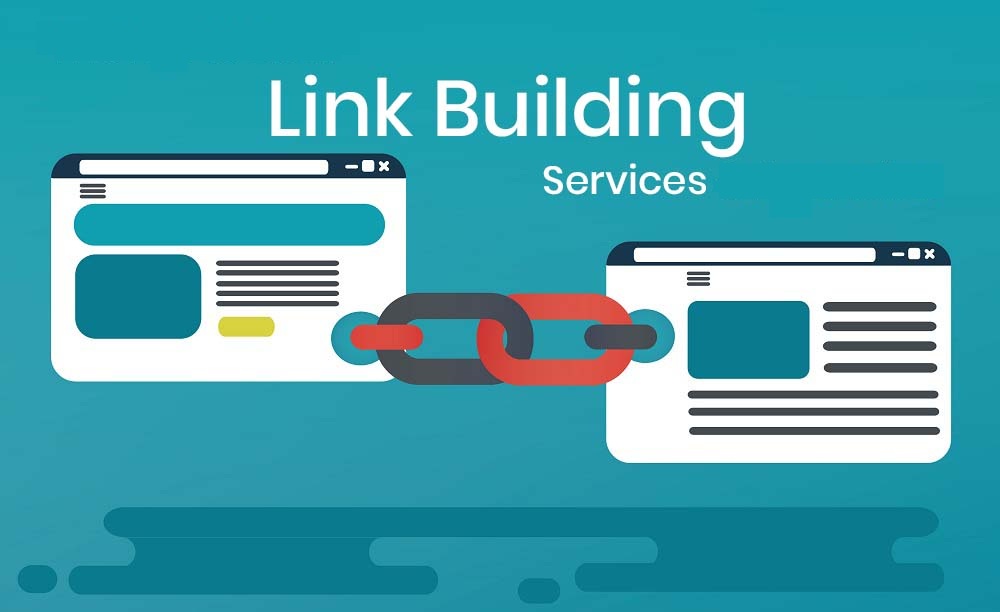When you get hurt at work, your life can quickly become overwhelming. Between medical appointments, paperwork, and missed paychecks, figuring out how to handle a workers’ compensation claim isn’t easy. Many people wonder whether they should handle the claim on their own or get help from a worker compensation lawyer. The decision isn’t always simple, which is why understanding the pros and cons of hiring a workers’ comp attorney is so important.
This article breaks down the advantages and drawbacks so you can make a well-informed choice based on your situation.

Content
The Role of a Workers’ Compensation Attorney
Before diving into the benefits and downsides, let’s look at what a worker compensation attorney actually does. Worker comp attorneys represent employees who get injured or sick on the job. Their main role is to guide you through the claims process, negotiate with insurance companies, and help you receive the benefits you may be entitled to under workers’ compensation laws.
In short, they act as your advocate in a system that can sometimes feel confusing or stacked against workers.
Pros of Hiring a Workers’ Comp Attorney
1. Guidance Through a Complicated Process
The workers’ compensation system has strict deadlines, detailed paperwork, and specific rules. A worker compensation lawyer understands these requirements and can help ensure you don’t miss important steps that could hurt your claim.
2. Stronger Negotiation Power
Insurance companies often try to minimize payouts. Having an attorney workers comp professional on your side means you’re less likely to be pressured into accepting a low settlement. They can negotiate for fair coverage of medical bills, lost wages, and disability benefits.
3. Help With Denied or Disputed Claims
Many claims get denied at first. If this happens, worker compensation lawyers can appeal the decision and represent you at hearings. They understand how to present evidence, work with medical experts, and challenge an insurer’s reasoning.
4. Access to Resources and Experts
The best workers comp lawyer often has access to medical professionals, vocational experts, and other resources that strengthen your case. These experts can provide testimony about your injuries and future work limitations.
5. Peace of Mind
Dealing with an injury is stressful enough. A worker compensation attorney can take the legal burden off your shoulders so you can focus on healing instead of worrying about deadlines, phone calls, or negotiations.
Cons of Hiring a Workers’ Comp Attorney
1. Attorney Fees
The most common concern is cost. While most worker comp attorneys work on a contingency fee basis (meaning they only get paid if you win), the fee still reduces the amount you take home from your settlement. However, fees are usually capped by state law to prevent unfair charges.
2. Length of the Case
Bringing in a lawyer may sometimes extend the timeline. Attorneys often take time to build stronger cases, gather medical evidence, and negotiate for higher settlements, which can delay payouts compared to accepting the insurer’s first offer.
3. Not Always Necessary for Simple Cases
If your injury is minor, your employer admits fault, and the insurance company agrees to pay benefits promptly, you may not need a lawyer. In straightforward cases, filing on your own could save you time and attorney fees.
4. Less Direct Control
Some people feel less in control once a lawyer takes over communication with the insurance company. While this is often helpful, it can also make workers feel disconnected from their case if they prefer hands-on involvement.
When Should You Consider Hiring a Workers’ Comp Attorney?
The decision to hire legal help depends on your situation. You may want to consult with the best workers compensation lawyers if:
- Your claim has been denied.
- Your benefits don’t cover all your medical bills or lost wages.
- You have a permanent disability or long-term injury.
- You’re being pressured to return to work before you’re ready.
- Your employer is retaliating against you for filing a claim.
In these cases, a worker compensation lawyer can make a significant difference in the outcome of your case.
Tips for Choosing the Right Workers’ Comp Lawyer
If you decide to hire, finding the right attorney matters. Here are a few things to keep in mind:
- Experience matters – Look for worker comp attorneys with a proven history in workers’ compensation law.
- Check reviews and referrals – The best workers compensation lawyers often come highly recommended by past clients.
- Ask about communication – Make sure your lawyer keeps you informed and answers your questions clearly.
- Understand the fee structure – Ask upfront about costs, contingency fees, and what’s included.
Final Thoughts
Navigating a workers’ compensation claim can feel like a full-time job on top of your recovery. Hiring a worker compensation attorney has clear advantages, from navigating complex rules to ensuring fair settlements. However, there are also downsides, such as fees and longer timelines, that you should weigh carefully.
By understanding the pros and cons of hiring a workers’ comp attorney, you can make the decision that best fits your situation. Whether you choose to go it alone or seek help from the best workers comp lawyer, the most important thing is making sure you get the medical care and financial support you need to move forward.

Frank Partnoy is a tech blogger who loves to share his thoughts about the latest gadgets and technology. He loves everything from smartphones, laptops, tablets and more!












